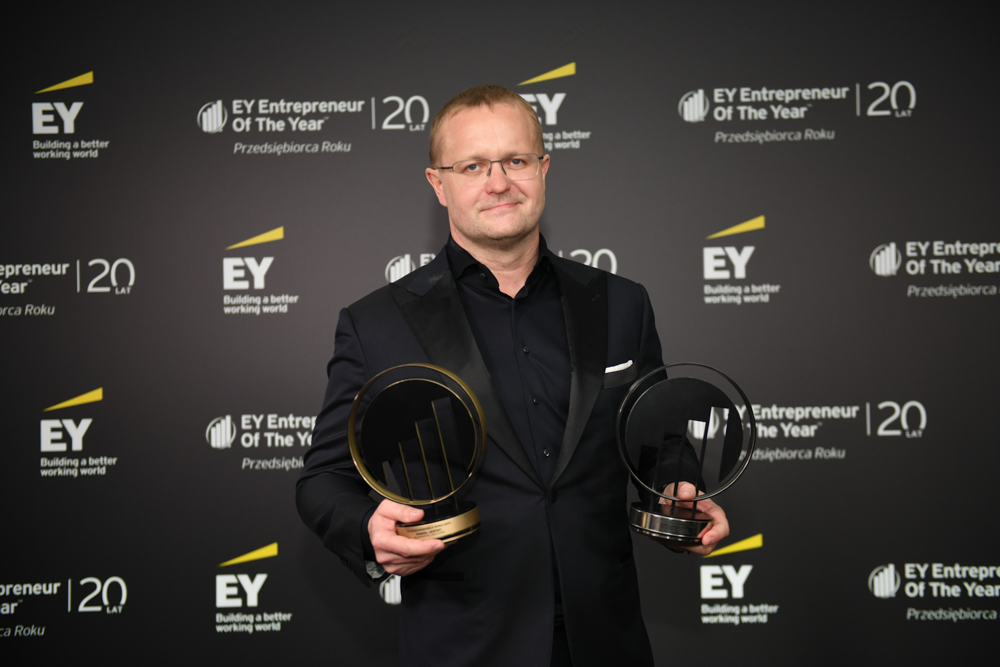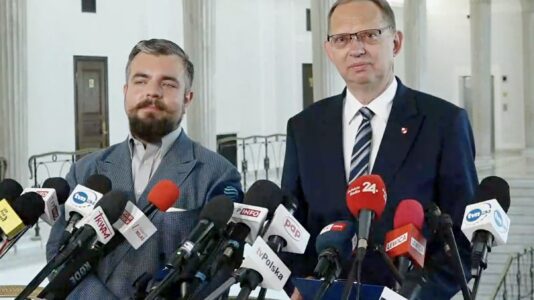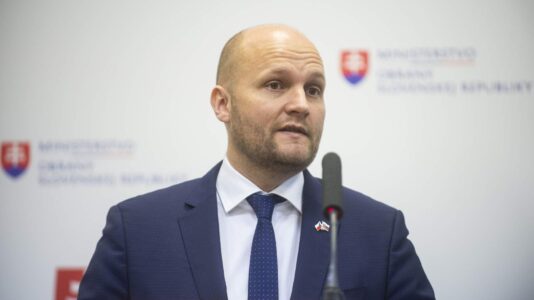Paweł Jarski, the innovative mind behind Elemental Holding, has become a leading figure in the global recycling industry, specializing in the sustainable recovery of precious metals from electronic equipment. Founded just 14 years ago, Jarski’s company, Elemental, swiftly ascended to become one of the top players in its field, focusing on extracting platinum group metals from used automotive catalysts and other valuable metals like silver, copper and gold from electronic waste.
Starting his entrepreneurial journey by assembling computers, Jarski quickly grasped the potential in deconstructing them for recycling. Inspired by his father-in-law’s scrap business, Jarski conceived the idea of Elemental towards the end of the 1990s.
Today, the company operates across 35 international markets, employing approximately 1,100 people and boasting revenues of 7 billion Polish złoty ($1.7 billion), with ambitions to grow even further.
“Our ambition is to scale the business to tens of billions of euros in revenue with a profitability of 8-10 percent,” Jarski told economic news outlet Money.pl. Elemental’s growth strategy has involved acquiring several smaller companies annually, focusing on local businesses that have established significant market presence.
Elemental is now embarking on a pioneering project in Poland — the construction of the first lithium-ion battery recycling plant in Eastern Europe, representing an investment of over 400 million złoty ($96 million). This facility, projected to create around 150 jobs, aligns with Jarski’s vision of substantial economic growth and reflects his commitment to Poland’s development.
Jarski, a staunch advocate for the construction of nuclear power plants and the Central Communication Port (CPK) in Poland, calls for swift and decisive governmental action to facilitate these critical infrastructure projects.
“We need these to advance the country’s development,” he asserts, stressing the urgent need for such initiatives to enhance Poland’s economic and environmental landscape.
Unlike traditional corporate structures bogged down by excessive bureaucracy, Jarski prefers a streamlined, entrepreneurial approach to management. This strategy, he believes, instills a “real, sporting anger” in business, fueling competitive advantage and market dominance against larger, less agile firms.
Despite facing setbacks, like the failed mining venture in Indonesia, which resulted in a significant financial loss due to unexpected regulatory changes, Jarski’s focus remains unshaken. He emphasizes the importance of decisive action and responsibility in business, traits he sees lacking in overly cautious corporate environments.






